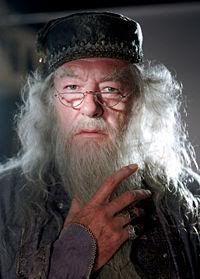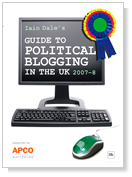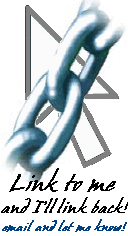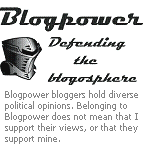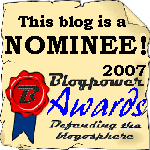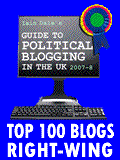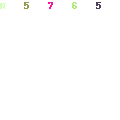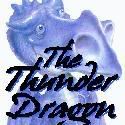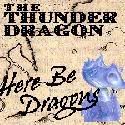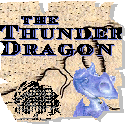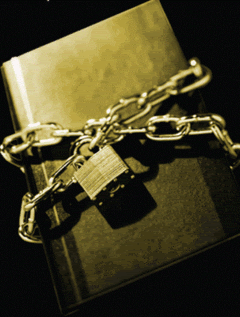 Should any books be banned?
Should any books be banned?
"The Koran should be banned as a “fascist book” alongside Mein Kampf because it urges Muslims to kill non-believers, says Dutch populist MP Geert Wilders...
The call to treat the Koran in the same way as Adolf Hitler's biography, which has been banned by the Dutch for over 60 years, is the latest in a long line of Islam controversies sparked by Mr Wilders, who lives under tight security after murder attempts by suspected Islamist terrorists." (The Telegraph)
Comparing the Koran, a religious text, to
Mein Kampf is a direct attempt to cast Islam as a fascist and dictatorial religion, a fact belied by the large number of "moderate" Muslims, and the large number of Islamic religious leaders, with no central authority figure - unlike most other "mainstream" religions. You could also claim that the Bible encourages [or at least has caused] murder, such as the witch hunts of Early Modern Europe. But I have absolutely no intention of making my argument on this basis. Instead I wish to ask this question:
What are books? Books are the repositiory of thought in a written and printed form. They offer text in a way that can be perused and interpreted by the individual. They do not dictate what an individual can or should do. You can, and should, read books from as many political views as possible. I have read Marx and Engels
Communist Manifesto, but I am by no means a Communist, or even share any of their views. I've read Hobbes, Burke, Rousseau, and Locke too. A book does not, and cannot, make a person do anything. It can, and they do, offer excuses for people to do and believe things, but they do not
give people views.
Why should any book be banned because it esposes unconventional views, or support for something -
anything - we find reprehensible nowadays? This is censorship, and something which we are supposed to be above in this day and age. Unless a book is nothing more than a hate-filled invective, on what possible basis could, or should, it be banned? The principles of freedom of speech and freedom of press should mean that few, if any, books are banned.
I have read neither the Koran nor
Mein Kampf - which is, by all accounts, a boring and stodgy read - but I can see no basis for the banning of either of them. No books should be banned on the basis that Wilders is claiming, or any other. Like
Tom Paine points out, it is rather ironic that the leader of the "Freedom Party" should call for the banning of a book. I can see absolutely no reason why the Koran should be banned anywhere - and the same for
Mein Kampf. Like making Holocaust denial a crime, it is just wrong. They don't need to be banned, just ridiculed.
Source: The Telegraph
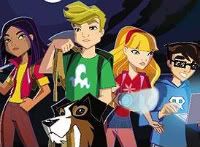 Enid Blyton's Famous Five series of books has been "updated" in a new Disney cartoon.
Enid Blyton's Famous Five series of books has been "updated" in a new Disney cartoon.


